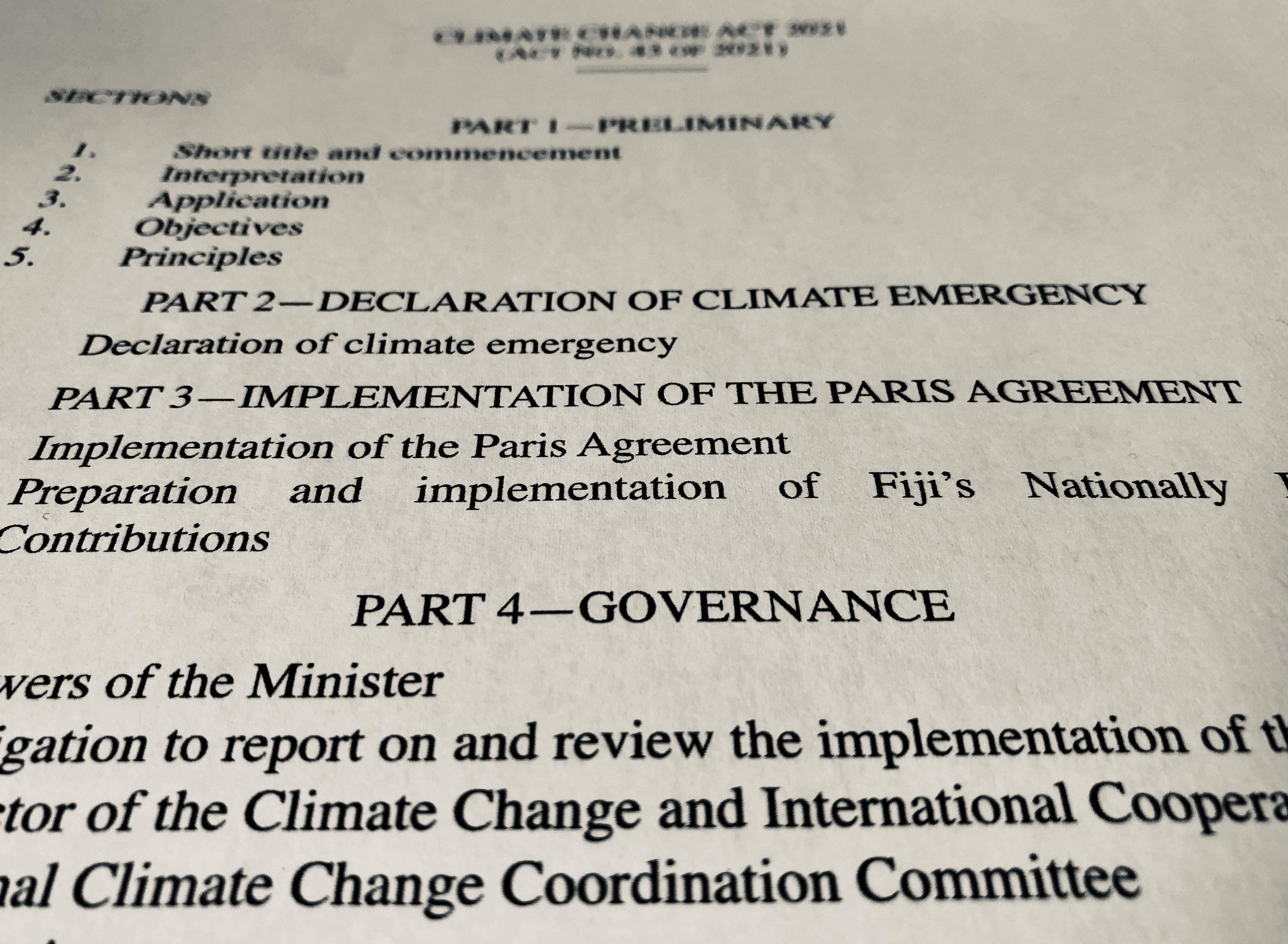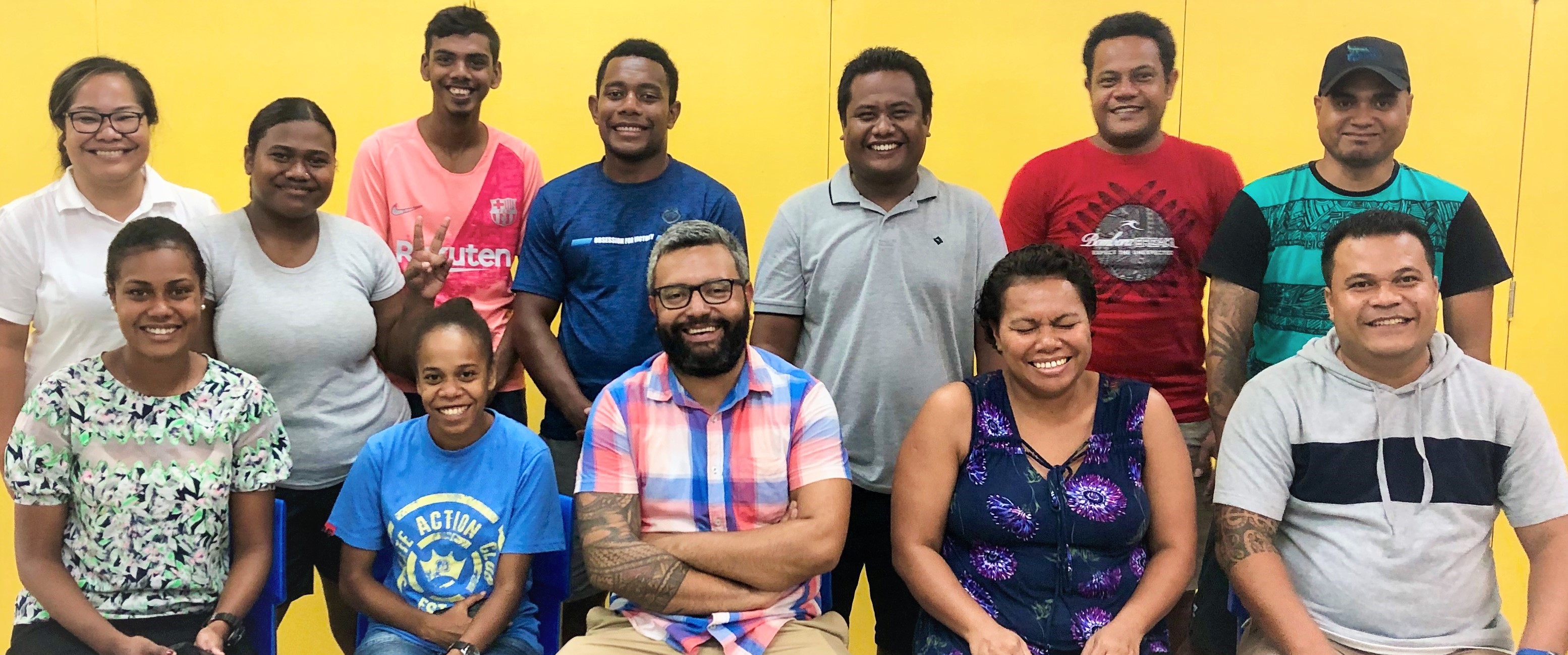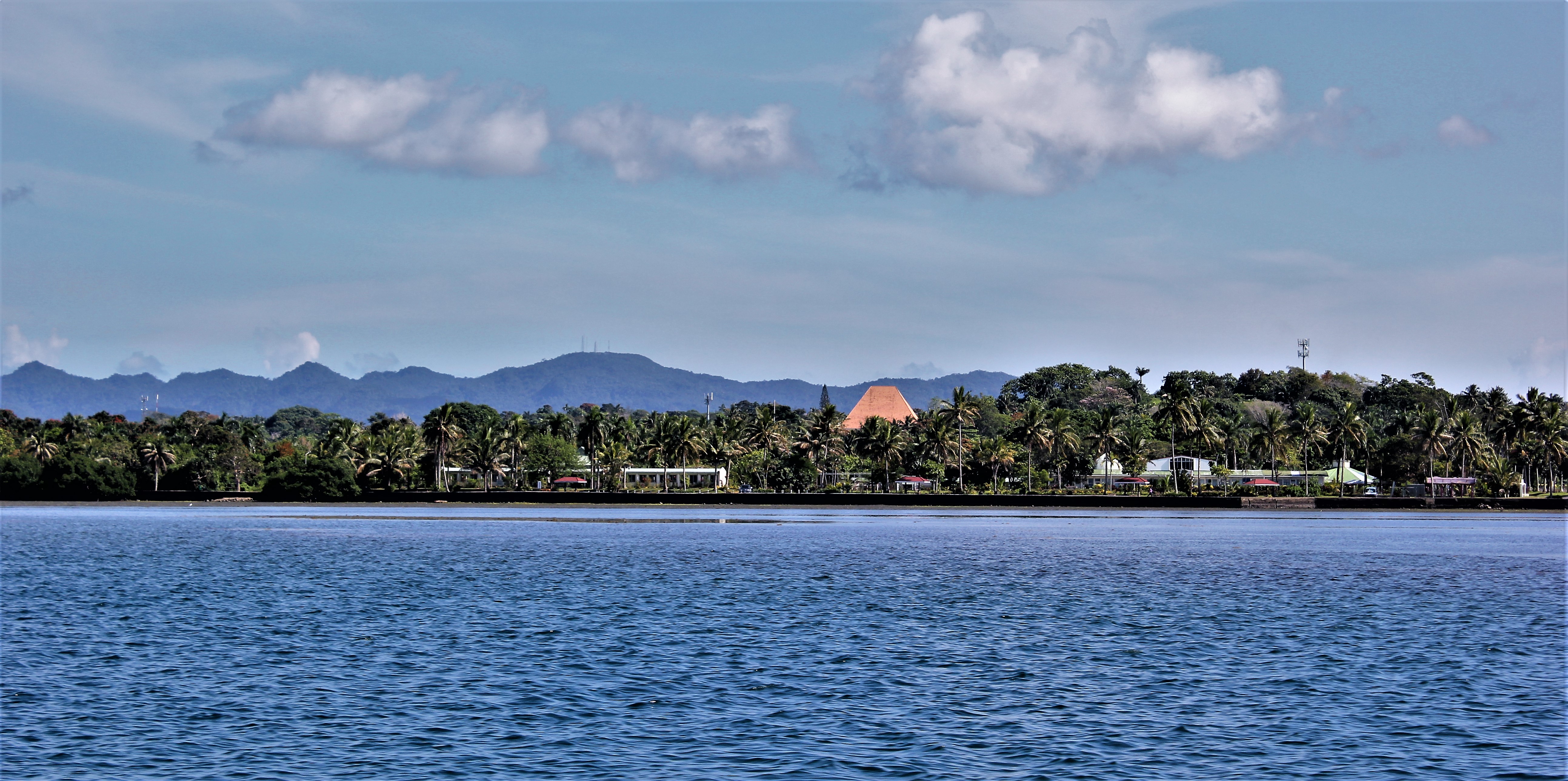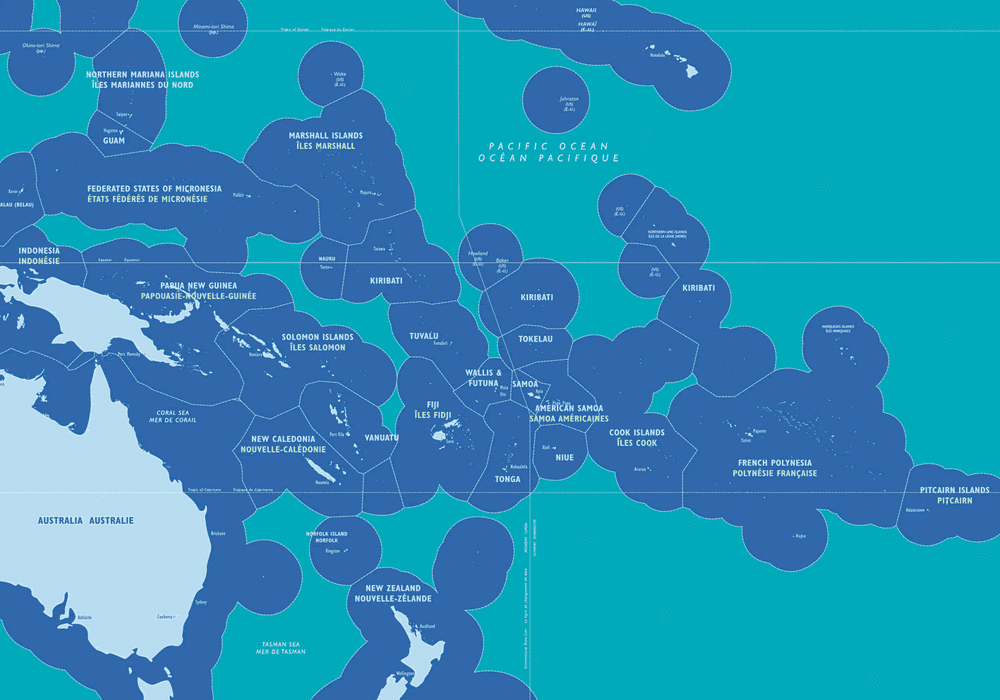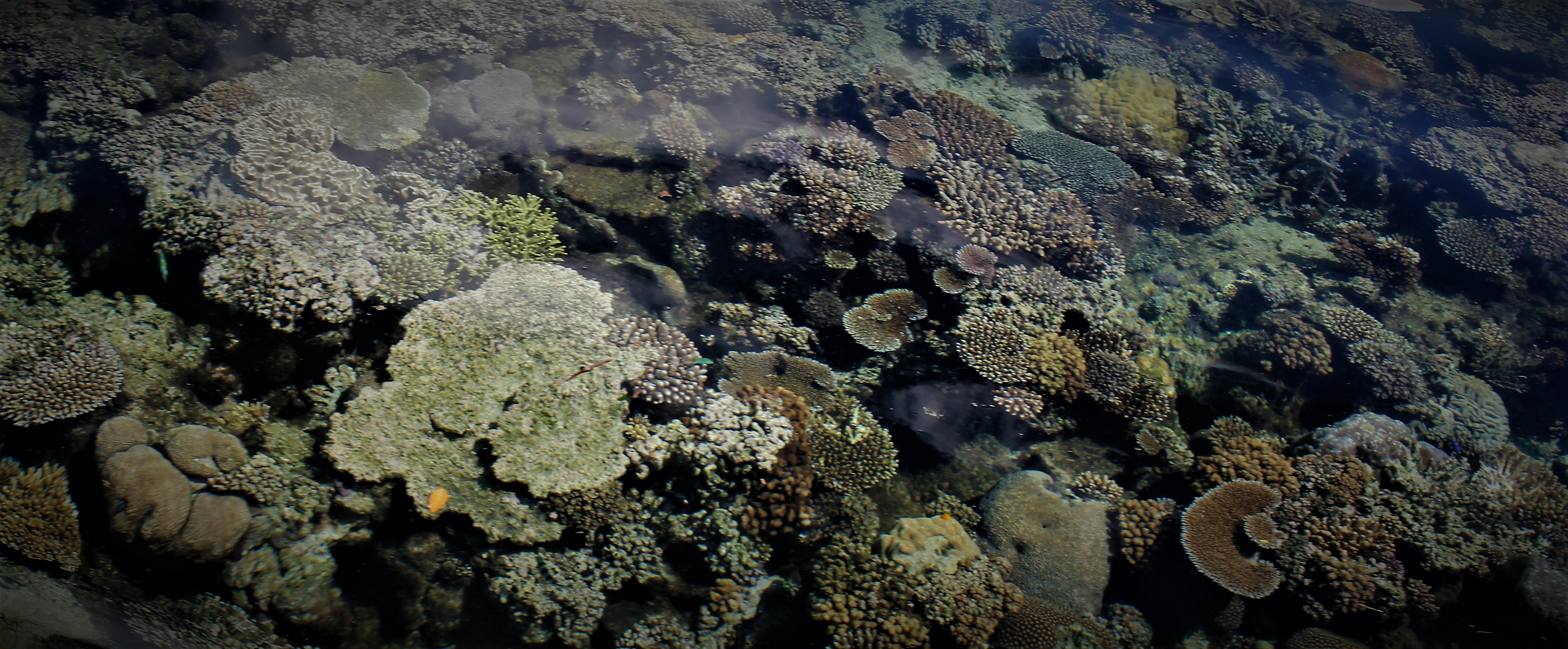On 28 April, 2022, Fiji's High Court (Hon. Mr Justice Gounder) passed sentence on a Fiji Company: Freesoul Real Estate Development (Fiji) PTE Limited fining it FJ$1m for two counts of carrying out unauthorised development contrary to Fiji's Environment Management Act, 2005 (EMA). The sentence is in Criminal Case No. HAC 282 of 2021 in State V Freesoul Real Estate Development (Fiji) PTE Limited ("Sentence").
The legal requirement for Environmental Impact Assessments (EIAs) for certain development activity has been in place in Fiji from 2008, and this Sentence is a timely reminder of the serious criminal penalties that will apply to developers who are found by Fiji's courts not to have followed the requirements of EMA.
This case may be the subject of an appeal - however, the Sentence sends a message in support of environmental law and standards for Fiji, and in this update we provide a summary of the Sentence and note the requirements for EIAs in Fiji and the Pacific.





